Guilherme A. Wachs-Lopes
MIRA: A Computational Neuro-Based Cognitive Architecture Applied to Movie Recommender Systems
Feb 27, 2019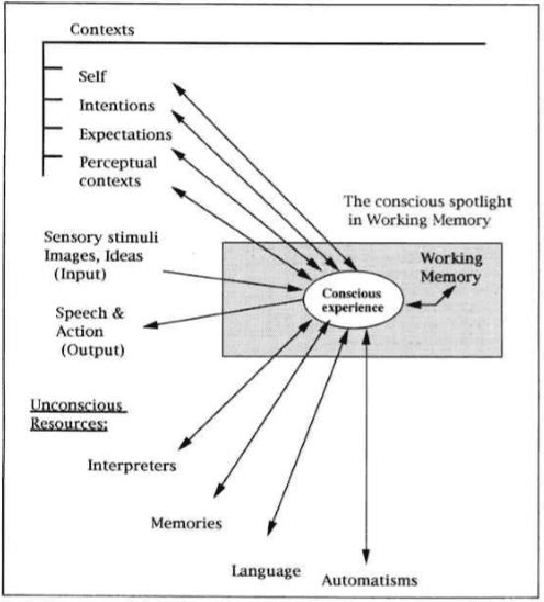
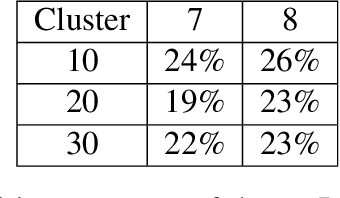
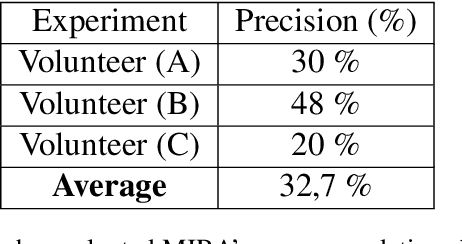

Abstract:The human mind is still an unknown process of neuroscience in many aspects. Nevertheless, for decades the scientific community has proposed computational models that try to simulate their parts, specific applications, or their behavior in different situations. The most complete model in this line is undoubtedly the LIDA model, proposed by Stan Franklin with the aim of serving as a generic computational architecture for several applications. The present project is inspired by the LIDA model to apply it to the process of movie recommendation, the model called MIRA (Movie Intelligent Recommender Agent) presented percentages of precision similar to a traditional model when submitted to the same assay conditions. Moreover, the proposed model reinforced the precision indexes when submitted to tests with volunteers, proving once again its performance as a cognitive model, when executed with small data volumes. Considering that the proposed model achieved a similar behavior to the traditional models under conditions expected to be similar for natural systems, it can be said that MIRA reinforces the applicability of LIDA as a path to be followed for the study and generation of computational agents inspired by neural behaviors.
Hybrid Model For Word Prediction Using Naive Bayes and Latent Information
Mar 02, 2018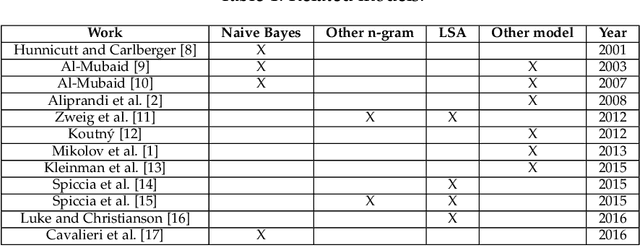
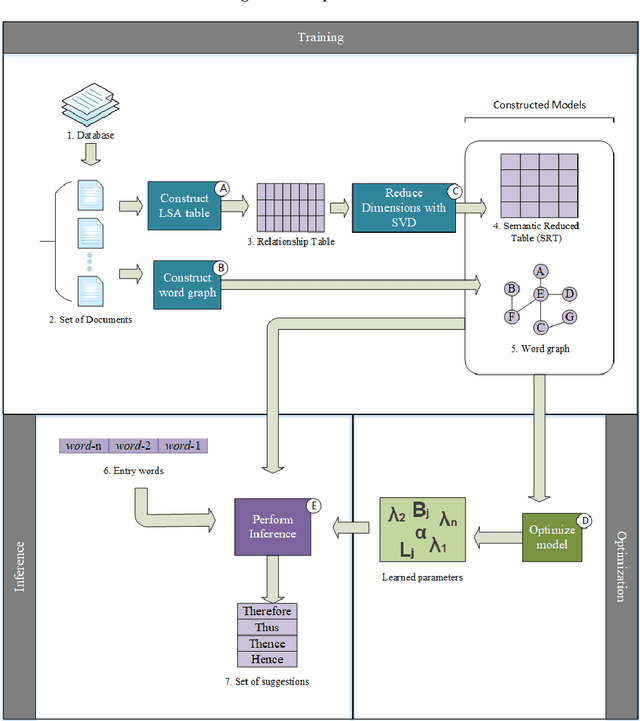

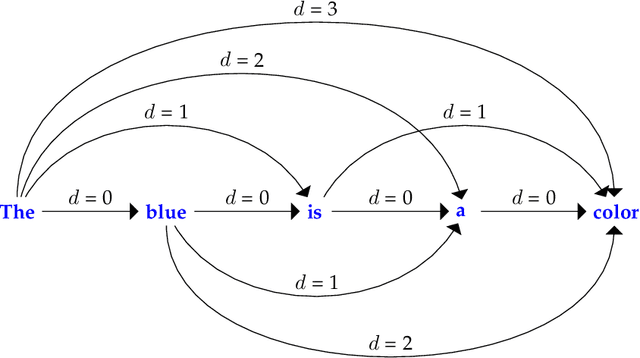
Abstract:Historically, the Natural Language Processing area has been given too much attention by many researchers. One of the main motivation beyond this interest is related to the word prediction problem, which states that given a set words in a sentence, one can recommend the next word. In literature, this problem is solved by methods based on syntactic or semantic analysis. Solely, each of these analysis cannot achieve practical results for end-user applications. For instance, the Latent Semantic Analysis can handle semantic features of text, but cannot suggest words considering syntactical rules. On the other hand, there are models that treat both methods together and achieve state-of-the-art results, e.g. Deep Learning. These models can demand high computational effort, which can make the model infeasible for certain types of applications. With the advance of the technology and mathematical models, it is possible to develop faster systems with more accuracy. This work proposes a hybrid word suggestion model, based on Naive Bayes and Latent Semantic Analysis, considering neighbouring words around unfilled gaps. Results show that this model could achieve 44.2% of accuracy in the MSR Sentence Completion Challenge.
A Bayesian Model for Activities Recommendation and Event Structure Optimization Using Visitors Tracking
Feb 28, 2018

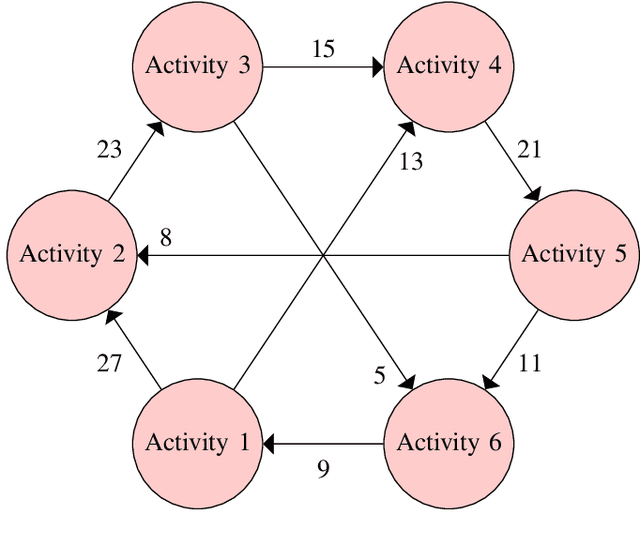

Abstract:In events that are composed by many activities, there is a problem that involves retrieve and management the information of visitors that are visiting the activities. This management is crucial to find some activities that are drawing attention of visitors; identify an ideal positioning for activities; which path is more frequented by visitors. In this work, these features are studied using Complex Network theory. For the beginning, an artificial database was generated to study the mentioned features. Secondly, this work shows a method to optimize the event structure that is better than a random method and a recommendation system that achieves ~95% of accuracy.
 Add to Chrome
Add to Chrome Add to Firefox
Add to Firefox Add to Edge
Add to Edge